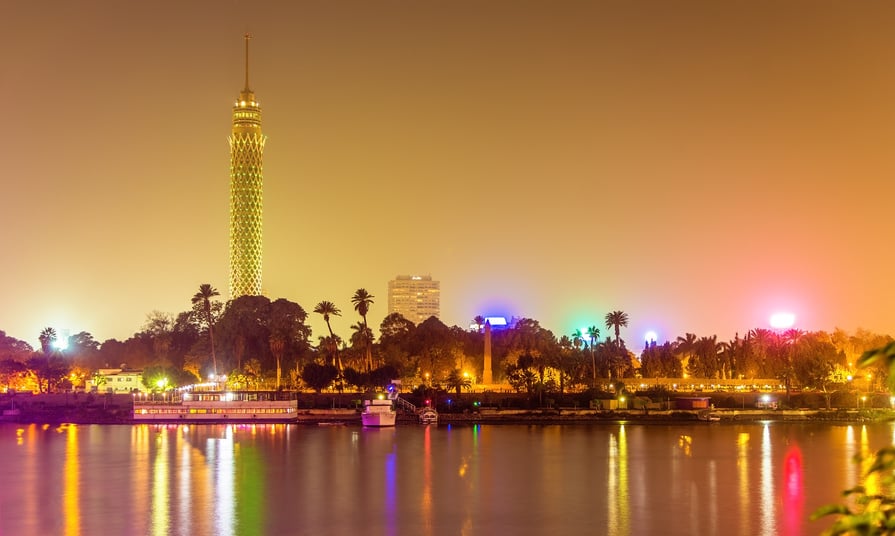Companies are navigating a shifting ESG and sustainability regulatory landscape across Europe and the US. The session opened with an overview of deregulatory trends in Europe, including the Omnibus package, evolving CSRD and CSDDD obligations, and the EU Deforestation Regulation. In contrast, the US discussion highlighted the rise of the anti-ESG movement at the federal level, set against California’s continued push for climate disclosure laws impacting both public and private companies.
On 22 May 2025, the U.S. Federal Trade Commission (FTC) and Department of Justice (DOJ) filed a Joint Statement of Interest in a lawsuit led by the State of Texas against three large investment companies. The lawsuit, led by Texas Attorney General Ken Paxton, has been joined by 10 other states and accuses the asset managers of using their positions in climate-focused investment initiatives to manipulate coal markets, driving up the cost of energy and resulting in higher energy prices for American consumers. This action, as the DOJ publicly notes, is the first formal statement by the Agencies in federal court on the antitrust implications of common shareholdings
The recently introduced obligations on Queensland businesses regarding implementation of a tailored sexual and sex-based harassment prevention plan are particularly significant for employers operating in the construction and renewables industries given the workforce is typically male-dominated and often working in remote environments. Although these changes only apply to Queensland employers, these should be viewed as a prescriptive step for fulfilling existing work, health and safety obligations and the positive duty to eliminate unlawful behavior at work, which apply to all businesses in Australia.
In light of recent developments in the Egyptian market, particularly following the COVID-19 pandemic and the devaluation of the Egyptian pound against the US Dollar and a growing interest by prospective investors, the Egyptian government is discussing an amendment to the established FiT rate for waste to energy projects in Egypt to attract more investments for these projects.
Our popular Annual Compliance Conference, which attracts senior in-house legal and compliance professionals every year from across the world, will be held virtually from 3 to 12 June 2025.
The conference will provide you with valuable insights from our international trade, compliance and investigations, regulatory and antitrust lawyers. We will delve into critical topics shaping the future of global businesses such as sanctions, export controls, customs and tariffs, national security laws, antitrust, product regulation, ESG and related enforcement trends.
On 5 March 2025, the European Commission presented an industrial action plan to drive innovation, sustainability and competitiveness in the automotive sector. The plan seeks to offer a comprehensive strategy aimed at maintaining the global competitiveness of the European automotive industry while navigating the transition to clean mobility and digital integration. Simultaneously, it seeks to address challenges such as access to raw materials, uncompetitive trade practices and rising production costs.
The Department of Industrial Works recently introduced the Draft Industrial Waste Management Act (DIWMA), which remained open for public hearing until 1 April 2025. Similar to some other draft waste laws, namely the Draft Sustainable Packaging Management Act and the Draft Waste Electrical and Electronic Equipment Management Act, the DIWMA adopts the Extended Producer Responsibility principle, obligating operators of industrial establishments to be responsible for the industrial waste they generate until it is fully treated or disposed of.
The Carbon Capture, Utilization and Storage Bill 2025 has been passed by the Dewan Negara and is, at the time of issuance of this client alert, pending Royal Assent. Once the Royal Assent has been provided, the Carbon Capture, Utilization and Storage Act 2025 will be enacted (CCUSA). The CCUSA establishes a robust legal and regulatory framework for CCUS cycle from carbon dioxide capture, transportation, utilization, and storage.
In February 2025, the EU Commission introduced the Omnibus Simplification Package to streamline sustainability regulations. This package includes two proposed Directives: the “Stop-the-clock” Directive, which proposes delaying the CSRD and CSDDD compliance timelines, and a second Directive that suggests substantive changes to both the CSRD and CSDDD. The “Stop-the-clock” Directive is now close to being approved, giving businesses more certainty on the timeline for compliance.
On 21 February 2025, the Ministry of Labor released the revised “Guidelines for Preventing Illegal Harm While Performing Duties (4th Edition).” The revised guidelines emphasize the establishment of an investigation team within three days for suspected illegal harm incidents, with specific team compositions based on organization size. The scope has been expanded to include personnel supervised by workplace managers, applying the same guidelines as for employees. The 4th edition also specifies potential workplace harm behaviors, including violence, bullying, sexual harassment, and discrimination, with examples of workplace bullying such as unrealistic work goals and excessive or trivial task assignments.



